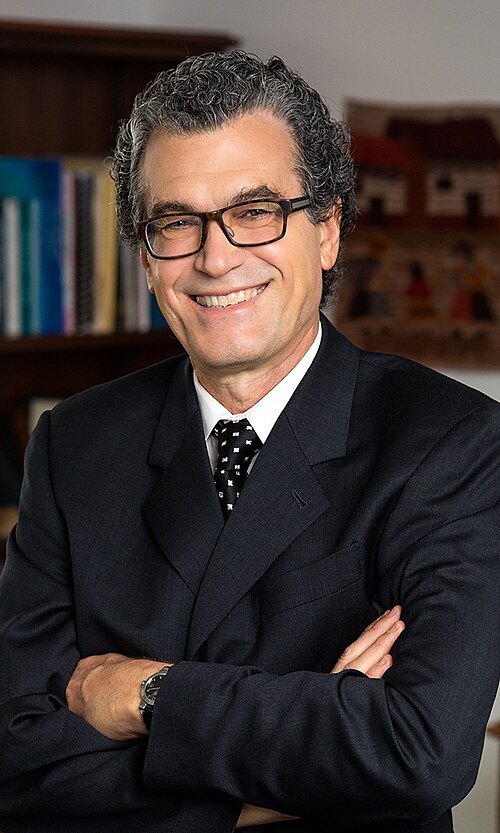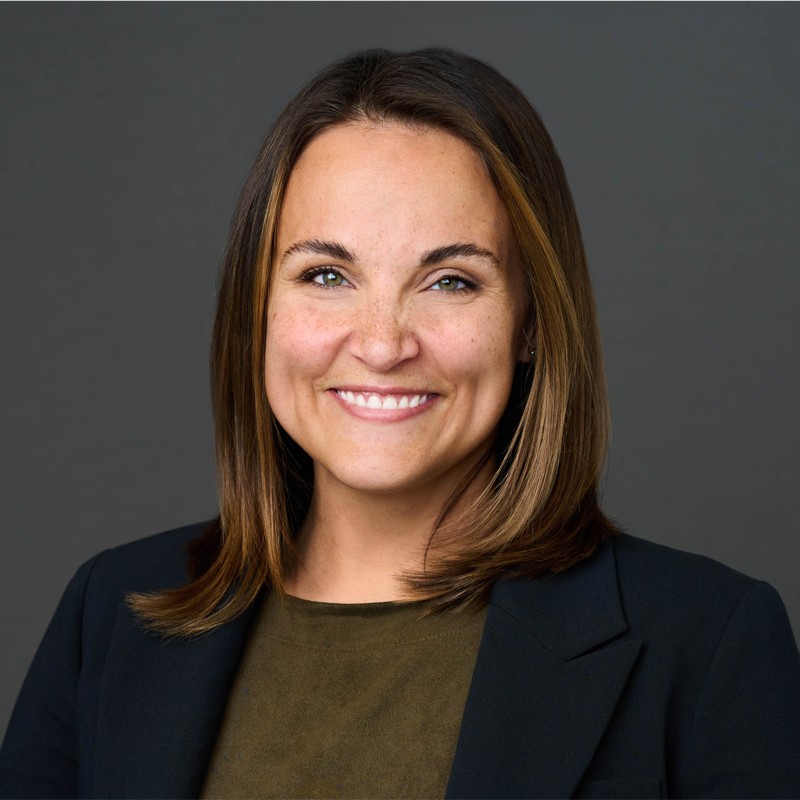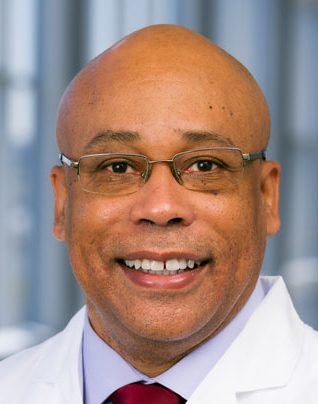Overview
 We are committed to providing educational opportunities and DEI resources for our staff, faculty, and trainees.
We are committed to providing educational opportunities and DEI resources for our staff, faculty, and trainees.
If you have an idea for a potential topic/speaker, please contact:
David Horne or
Sean Greenlee
We aspire to nurture a supportive, collaborative culture where equity, diversity, and inclusion are at the center.
Specifically, we seek to promote the value of DEI through shared strategies and tools for equity and anti-racism that can be applied across all the work within the department.
 To help to better inform our perspectives and how we can support and service under-represented patients and communities, our Diversity Council identified The Institute for Common Power as an organization that we could partner with to support these outcomes.
To help to better inform our perspectives and how we can support and service under-represented patients and communities, our Diversity Council identified The Institute for Common Power as an organization that we could partner with to support these outcomes.
With a foundational vision of helping to ensure the right to vote as a critical element of American democracy, the Institute for Common Power (a non-partisan organization) also focuses on dismantling systemic inequities of which one is creating equitable healthcare.
This lecture series features invited speakers from an array of disciplines and backgrounds. We also invite speakers identified by Department of Medicine staff, faculty, and trainees.
This lecture series is open to all.
Past lectures
January 22, 2026
Health Disparities Science: The Path Forward
 This lecture was presented by Dr. Eliseo J. Pérez-Stable, a Cuban American physician-scientist and former director of the National Institute on Minority Health and Health Disparities.
This lecture was presented by Dr. Eliseo J. Pérez-Stable, a Cuban American physician-scientist and former director of the National Institute on Minority Health and Health Disparities.
Dr. Pérez-Stable is a professor emeritus at the University of California, San Francisco where he spent decades contributing to medical practice and research before being appointed the second Director of the National Institute on Minority Health and Health Disparities (NIMHD) in 2015.
He is among four top officials formally let go or fired by the National Institutes of Health in October 2025.
October 16, 2024
A Conversation with the Equal Justice Initiative's Health Clinic Team
 The Equal Justice Initiative (EJI) is a non-profit organization based in Montgomery, Alabama, dedicated to fighting for justice for the most marginalized individuals in the criminal justice system in the United States.
The Equal Justice Initiative (EJI) is a non-profit organization based in Montgomery, Alabama, dedicated to fighting for justice for the most marginalized individuals in the criminal justice system in the United States.
EJI provides legal assistance to people who have been unfairly treated by the justice system, including those on death row and those facing unjust incarceration.
In our next DEI Lecture Series, “A Conversation with the Equal Justice Initiative's Health Clinic Team,” members of the EJI’s Health Clinic Team will share their experiences, challenges, and successes in providing healthcare services to underserved communities.
March 28, 2024
Unveiling the Political Determinants of Health: Impact, Challenges, and Solutions
This lecture delves into the intricate relationship between politics and healthcare, uncovering the root causes of disparities in access and outcomes. By exploring the impact of political determinants on health equity, participants will gain a comprehensive understanding of the challenges faced in providing equitable healthcare.
Through a blend of theoretical analysis and real-world case studies, this lecture equips learners with actionable solutions to address these pressing issues. Join us on this transformative journey to advocate for inclusive healthcare policies and drive meaningful change in our communities.
Dr. Omatola Gordon-Rose, DrPH, MPH, GCBM, CLC,
 Dr. Omatola Gordon-Rose, DrPH, MPH, GCBM, CLC, stands as a towering figure in public health, dedicating over two decades to the noble cause of diminishing health disparities and fostering health equity.
Dr. Omatola Gordon-Rose, DrPH, MPH, GCBM, CLC, stands as a towering figure in public health, dedicating over two decades to the noble cause of diminishing health disparities and fostering health equity.
Her illustrious career is a testament to her deep-seated commitment to tackling the root causes of health inequities through extensive public health programs, education, and advocacy.
Dr. Gordon-Rose’s profound understanding of the intricate challenges faced by marginalized communities in areas of chronic, infectious, maternal child health, and mental health has propelled her to lead numerous initiatives that have markedly enhanced access to care and health outcomes.
Her prowess in developing and managing impactful public health programs is matched by her skill in health education and health literacy, ensuring the accessibility and efficacy of her methods. Noteworthy among her achievements is her success in mobilizing millions in funding to combat health inequities and the establishment of pioneering services directly tackling chronic disease disparities among men.
November 13, 2023, 3pm
Unveiling Maternal Morbidity and Mortality in the United States: Disparities and Challenges in Women's Health
This presentation explored maternal morbidity and mortality in the United States including health complications and adverse outcomes that can occur during pregnancy, childbirth, and the postpartum. Poor maternal health outcomes disproportionately affect Black and Indigenous women and women of color, highlighting a stark and deeply rooted problem in our healthcare system.
Angela Roumain, RN, MPH, CPHQ, Executive Director, Denova Collaborative Health
 Angela Roumain is a dedicated healthcare professional with a strong background in nursing and a passion for advancing racial health equity.
Angela Roumain is a dedicated healthcare professional with a strong background in nursing and a passion for advancing racial health equity.
With a Bachelor of Science in Nursing (BSN) from Arizona State University and a Master of Public Health (MPH) from the University of Arizona, Angela brings a unique blend of clinical expertise and public health knowledge to the forefront of healthcare disparities discussions.
Part 1
Part 2
June 29, 2023, 12-1pm
The History and Future of Black Physicians in Medicine
This presentation will explore U.S. medical education in the 19th, 20th, and 21st centuries. We will address the creation of black medical schools, the policy forces that lead to the demise of many of these institutions, and the exciting opportunities which lay ahead. In recalling this history, we will explore the impact of policy decisions on social factors and health outcomes.
Walter D. Conwell, MD, MBA- Chief Diversity and Inclusion Officer:
 Dr. Walter Conwell joined the Morehouse School of Medicine in July 2021 as the inaugural Chief Diversity and Inclusion Officer and also serves as the Senior Associate Dean for Faculty Affairs and Development. A graduate of the University of Chicago Pritzker School of Medicine, Dr. Conwell received his bachelor of science degree from Florida A&M University and master of business administration degree from the University of Colorado Business School. He is board-certified in Internal Medicine, Pulmonary Disease, Critical Care Medicine, and Sleep Medicine by the American Board of Internal Medicine. Dr. Conwell has published peer-reviewed articles on various topics related to medical education, health economics, and health equity.
Dr. Walter Conwell joined the Morehouse School of Medicine in July 2021 as the inaugural Chief Diversity and Inclusion Officer and also serves as the Senior Associate Dean for Faculty Affairs and Development. A graduate of the University of Chicago Pritzker School of Medicine, Dr. Conwell received his bachelor of science degree from Florida A&M University and master of business administration degree from the University of Colorado Business School. He is board-certified in Internal Medicine, Pulmonary Disease, Critical Care Medicine, and Sleep Medicine by the American Board of Internal Medicine. Dr. Conwell has published peer-reviewed articles on various topics related to medical education, health economics, and health equity.
February 1, 2023
The Impact of the Pandemic and the "Racial Reckoning" on Health Outcomes and American Democracy
In this panel discussion, three of the editors/contributors (Merritt, Williams, Tsai) to the anthology, Afterlife: A Collective History of Loss and redemption in Pandemic America, joined Minnesota Community Care executive officer, Rueben Moore, to discuss the impact of the COVID-19 pandemic and how Americans have dealt with grief and loss, both individually and communally, and how we endure and thrive.
Facilitator:
Yohuru Williams, PhD, Distinguished University Chair and Founding Director of the Racial Justice Initiative at the University of St. Thomas, Minnesota.
Panelists:
Reuben Moore, EdD, MBA, President and Executive Officer for Minnesota Community Care.
Keri Leigh Merritt, PhD, Award willing historian, writer, filmmaker, and activist based in Atlanta, Georgia.
Robert L. Tsai, JD, Professor of Law at Boston University School of Law, where he teaches courses in constitutional law, presidential leadership, and individual rights.
David Horne, MD, MPH, Associate Professor of Medicine in the Division of Pulmonary, Critical Care and Sleep Medicine and Associate Chair for Diversity, Equity & Inclusion, Department of Medicine, University of Washington.

October 11, 2022
 Unequal Treatment in Cardiovascular Care: Evidence for Racial Bias and the Way Forward
Unequal Treatment in Cardiovascular Care: Evidence for Racial Bias and the Way Forward
Dr. Quinn Capers discussed current evidence and studies from the recent past detailing Black-White disparities in cardiac care, examined potential culprits, and reviewed strategies to reduce or eliminate racial disparities in care.
Dr. Capers is the Rody P. Cox Professor of Internal Medicine (Cardiology) and Associate Dean of Faculty Diversity at the University of Texas Southwestern School of Medicine. He is also Vice Chair, Diversity, Equity, and Inclusion in the Department of Internal Medicine.
(no recording available)




